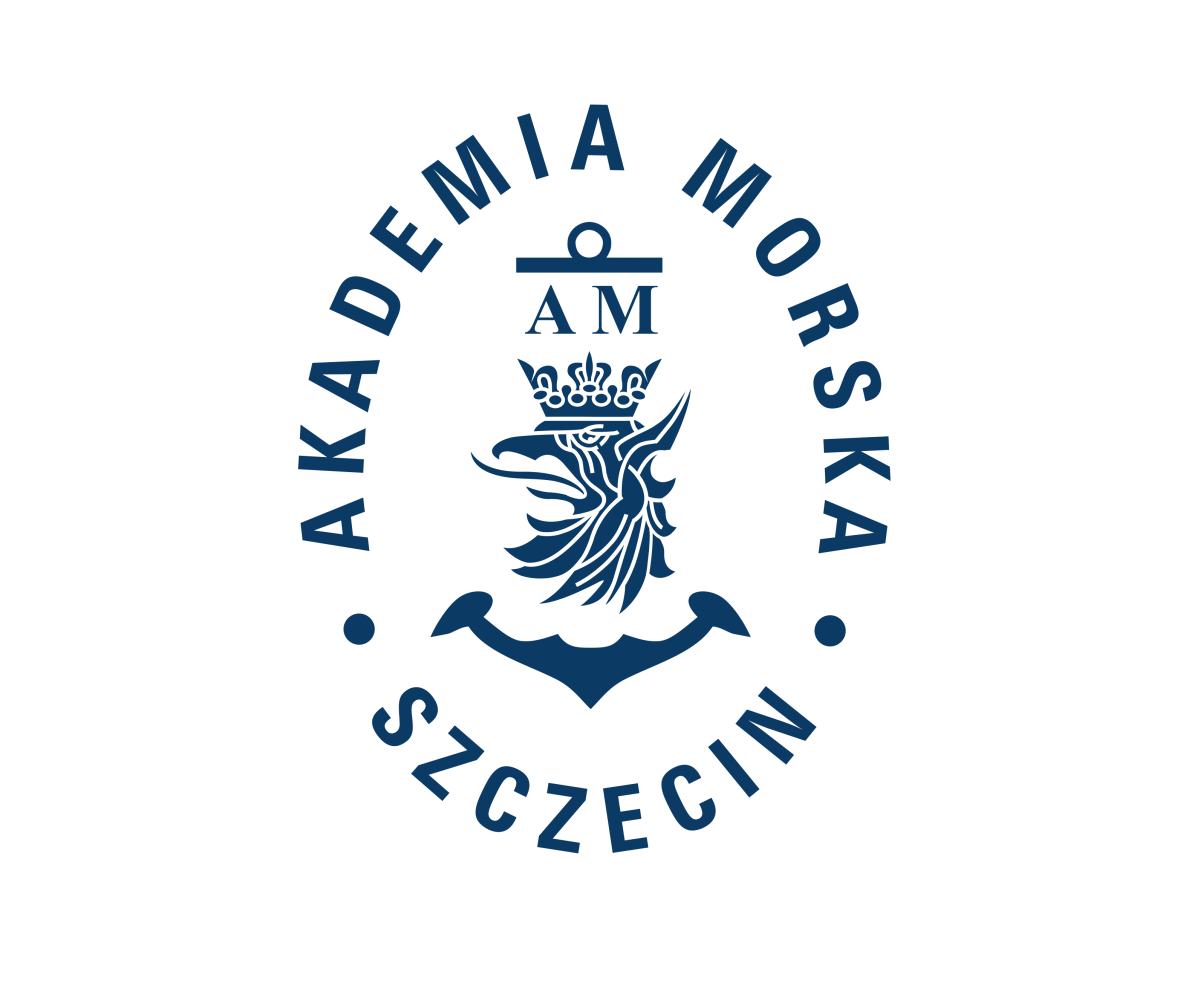
Operation Ghost
MARE Foundation x Biotherm
out of concern for the environmental state of the Baltic Sea,
we are joining forces in a special project entitled OPERATION GHOST
The aim of the project is to clean selected Baltic shipwrecks of old fishing gears
and to monitor the wrecks for potential leakages of hazardous substances.
The project is implemented under scientific patronage of the Maritime University of Szczecin.
The European Commission estimates that disposable plastic constitute about 49% of marine litter in European seas, while 27% is plastic from lost fishing gear, i.e. abandoned, lost or otherwise discarded fishing gear, commonly known as GHOST NETS.
Ghost nets and their impact on the marine environment are the subject of numerous projects and studies around the world.
In recent years, the level of public awareness about the problem of marine litter, including ghost nets, has also increased significantly. Across Europe, more and more measures are being taken to reduce the negative impact of ghost nets on the marine environment.
OPERATION GHOST, implemented in collaboration between the
MARE Foundation and Biotherm, under scientific patronage of the Maritime University of Szczecin, is a great example of such a project.
Abandoned, lost or otherwise discarded fishing gears are classified as marine plastic waste. According to the Marine Litter Action Plan adopted by HELCOM, derelict fishing gear are “the collective terms for commercial and recreational fishing gear that has been abandoned, lost or otherwise discarded into the marine environment and causes negative biological impacts through, e.g. unintentional catches of fish (a process which is often referred to as “ghost fishing”), coverage of sensitive habitats and/or fragmentation into micro-particles that could enter the food chain”.
Currently, it is estimated that ghost nets account for about 46% of the Great Pacific Garbage Patch (now covering an area of over 1.6 million square kilometers – i.e. an area three times the size of France). The latest research published in Science Advances in October 2022 reports that globally each year about 78,000 square kilometers of various types of fishing nets and over 25 million traps end up in the seas and oceans.
The negative impact of derelict fishing gear on the marine environment increased significantly in the second half of the 20th century as the fishing industry around the world started to increasingly use plastics to make lines, nets and all other fishing equipment. The fishing gear made of synthetic fibers of high resistance, after being lost, remains in the marine environment for decades, having a negative impact on the entire ecosystem. It takes up to 600 years to break it down into smaller particles as a result of external factors, such as light, currents, or mechanical damage.
However, today we are aware that such a decomposition of plastic is not a solution but only the beginning of the problem. Plastic particles are not biodegradable, but are only broken into smaller pieces. Once introduced into the marine environment, plastics never disappear, and in the form of smaller particles (that is micro and nanoplastics) they are even more dangerous to animals that mistake them for food.
Shipwrecks are a specific kind of underwater “catches” that often tear the nets and are therefore one of the most common places where the lost gear accumulates. Retrieval of lost leaning wrecks from lingering fishing nets is important not only in the context of cleaning the Baltic ecosystem of plastic waste, but also due to the need to monitor wrecks for potential leakages of hazardous substances, such as fuel sunk in tanks.
Cleaning the wrecks from ghost gear will allow for more accurate monitoring and is also the first step necessary to perform the pumping operation in the event of a potential leakage hazard.
In 2021, the MARE Foundation began cooperation with Biotherm, a brand that cares about minimizing the negative impact on the environment and since 2012 has been working to protect marine ecosystems by undertaking joint projects with non-profit organizations. One of such activities is the OPERATION GHOST, which has just begun, and is being implemented by the MARE Foundation and Biotherm under the scientific patronage of the Maritime University of Szczecin. On the Biotherm’s website, you can learn more about the brand’s activities and their philosophy #LiveByBlueBeauty.
PHASE 1: RECONNAISSANCE
OPERATION GHOST has already entered the implementation phase. In October 2021, together with scientists from the Maritime University of Szczecin, on board of the Navigator XXI, we set off on the first voyage under the slogan: OPERATION GHOST.
Our goal was to confirm the exact location of the shipwrecks that were selected for the retrieval operation of lost fishing gears. We can definitely consider the first stage of the project a success! During the reconnaissance, we selected three shipwrecks, we managed to confirm their exact location and collected the data necessary to take the next steps of our project.
PHASE 2: GHOST NETS RETRIEVAL
Phase 2. of Operation Ghost is scheduled for June 2022.
We will be posting regular updates on our activities, so follow our social media platforms:
Facebook, Instagram, LinkedIn.
Photo gallery from the reconnaissance expedition (Krystian Bielatowicz / October 2021):
The MARE Foundation and Biotherm would like to thank the Maritime University of Szczecin for their support and faith in our project.




















